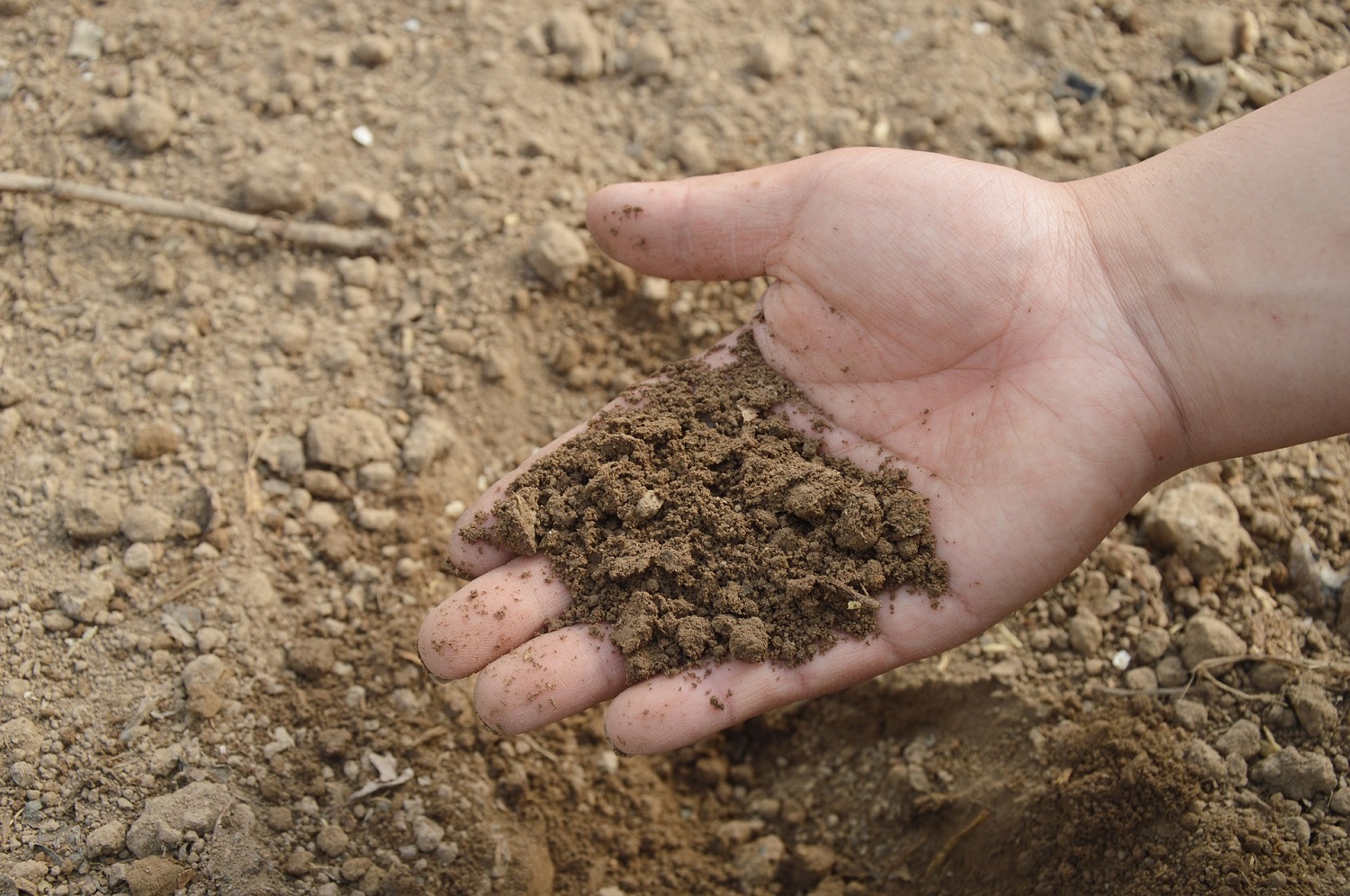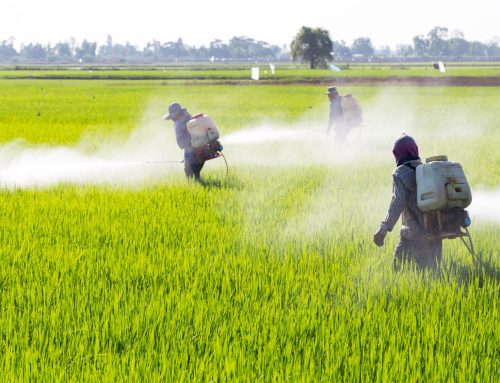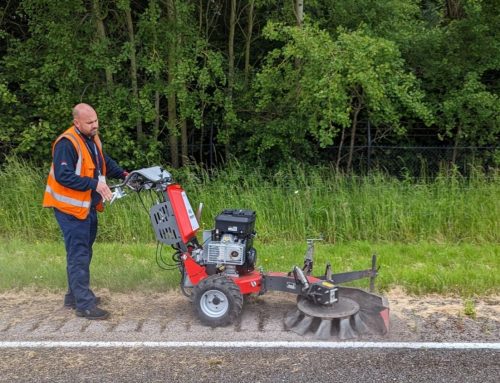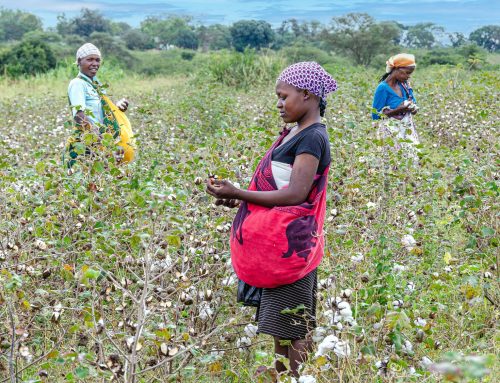by Jorge Solano, Technical Dept., Eurofertil S.A., Costa Rica
(This post is part of a summary of presentations prepared by Dr Stephanie Williamson, PAN UK, from the Coffee without HHPs workshop in Costa Rica, April 2017)
Key messages:
- With increasingly degraded, acidic and eroded soils, biological factors, as well as the usual physical and chemical soil quality indicators, are now essential criteria for assessing soil health in Costa Rican coffee growing zones.
- We need to reorient production to new technologies based on recuperating soil fertility via sustained, long-term agroecological management practices.
- The priority need in Costa Rican coffee zones is to improve soil health based on biology/ecology- this will then lead to improved management of pests and diseases.

In addition to weather, selection of suitable varieties and crop husbandry practices, improving crop health and yields should also consider soil quality indicators (physical, chemical & biological):
- Physical: % sand/clay, density
- Chemical: pH, acidity, levels of potassium, phosphorus calcium, zinc, organic matter
- Biological: Microbiological Respiration, Mineralization Index, Total root weight (functional roots)
Inter-relations between these soil indicators will have a major influence on crop productivity and health.
Soil pathogen microorganisms tend to tolerate acidic soils much better than beneficial microbes so regular, excessive use of nitrogenous fertilisers, which increase acidity, can end up promoting harmful soil flora and leaving the crop less able to withstand diseases. In contrast, beneficial species of soil fungi and bacteria prefer neutral soils, with pH 6-7, with plenty of organic matter (>5%) and high availability of calcium, magnesium and nitrogen.
Beneficial microbes in the soil perform numerous functions for the coffee grove:
- Decompose crop waste
- Stimulate growth of roots and shoots
- Nutritional support (fixing and dissolving nutrients)
- Biological control of harmful fungi, bacteria, insects and mites
- Help protect plants against water or other stress
- Increase plant tolerance to drought, salinity
If your soil doesn’t have good levels of organic matter or natural clay particles (e.g. vermiculite), which help maintain nutrients accessible to plants in the soil matrix, the crop can suffer nutrient loss and the farmer is wasting the expensive fertilisers applied. Around 50% of soil organic matter is composed of crop waste, hence the importance of incorporating this material back into the soil.
Degraded soil problems in Costa Rica
Gradual acidification of many Costa Rican soils in coffee growing zones is destroying the soil matrix, disrupting beneficial soil microbes and leading to very degraded soils, which are prone to leaching. This can leave the coffee bushes ‘starved’ of nutrients, especially microelements. The customary practice in Costa Rica is for 3-4 applications of synthetic fertilisers per year in coffee groves but the bushes need to access nutrients every day, especially in poor soils. These synthetic fertilisers readily leach out of soils with heavy rains and then cause problems of eutrophication (excess nutrient availability) in water courses where they accumulate. The nutrients provided in salt form in synthetic fertilisers are very soluble so they are easily released but prone to leaching – it is much better to use organic-approved fertiliser alternatives, containing high levels of micronutrients in slow-release formulations.
Soil erosion and degradation is a major problem in Los Santos coffee zone, where the fertile top layer of soil is virtually lost now. The lower you go into the subsoil, the more problems growers face with acidity, reduced organic matter and microbiological activity. We need to rethink conventional fertilisation practices. For each percent loss of organic matter, recent studies by INTA show that this means an annual loss of 1,200kg nitrogen, 120kg phosphorus and 80kg sulphur per hectare and between 5-10 tons of soil lost due to wind and water-borne erosion.
Effects of herbicides and fungicides on soil quality and functions
Herbicide use can also aggravate soil acidification and poor soil structure. Use of pre-emergence herbicides, especially on bare soil in coffee groves, seriously reduces biodiversity of soil microflora, leaving room for aggressive, pathogenic species to flourish. Glyphosate is very harmful in coffee soils in terms of reducing nutrient availability for plants. It’s proven that glyphosate can trigger certain nutrient deficiencies to plants, including zinc and manganese. Use of triazole fungicides in coffee [for control of coffee leaf rust and other diseases] can also stimulate more dominance of soil pathogens. These fungicides don’t prevent pathogenic fungal spores from germinating so regular fungicide applications can stimulate more disease problems.
Alternative methods for sustainable plant health
Eurofertil provides growers with a range of biofertilisers, specialised mineral amendments and biocontrol products. Eurofertil’s experience with coffee growers using alternative soil improvers and microbial products is that they can reduce their use of synthetic fertiliser by 50%. Eurofertil emphasises biological control methods for coffee leaf rust disease using biocontrol products applied to the leaf litter to reduce the levels of disease inoculum carried over to the next season. The rust disease can survive in recently fallen green leaves which are still photosynthesising for 15 days after an application of triazole fungicides. The fungal spores are still present and this fungicide group cannot control spore germination. Strobilurin fungicides can prevent germination but strains of the rust disease easily develop resistance to this group of fungicides. Anecdotal evidence from coffee producers using recommended soil improvers and biocontrol products is that they have also seen a significant increase in the cupping quality of their coffee. The cost of these products is easily covered by the better prices obtained for high taste/gourmet quality coffee.





